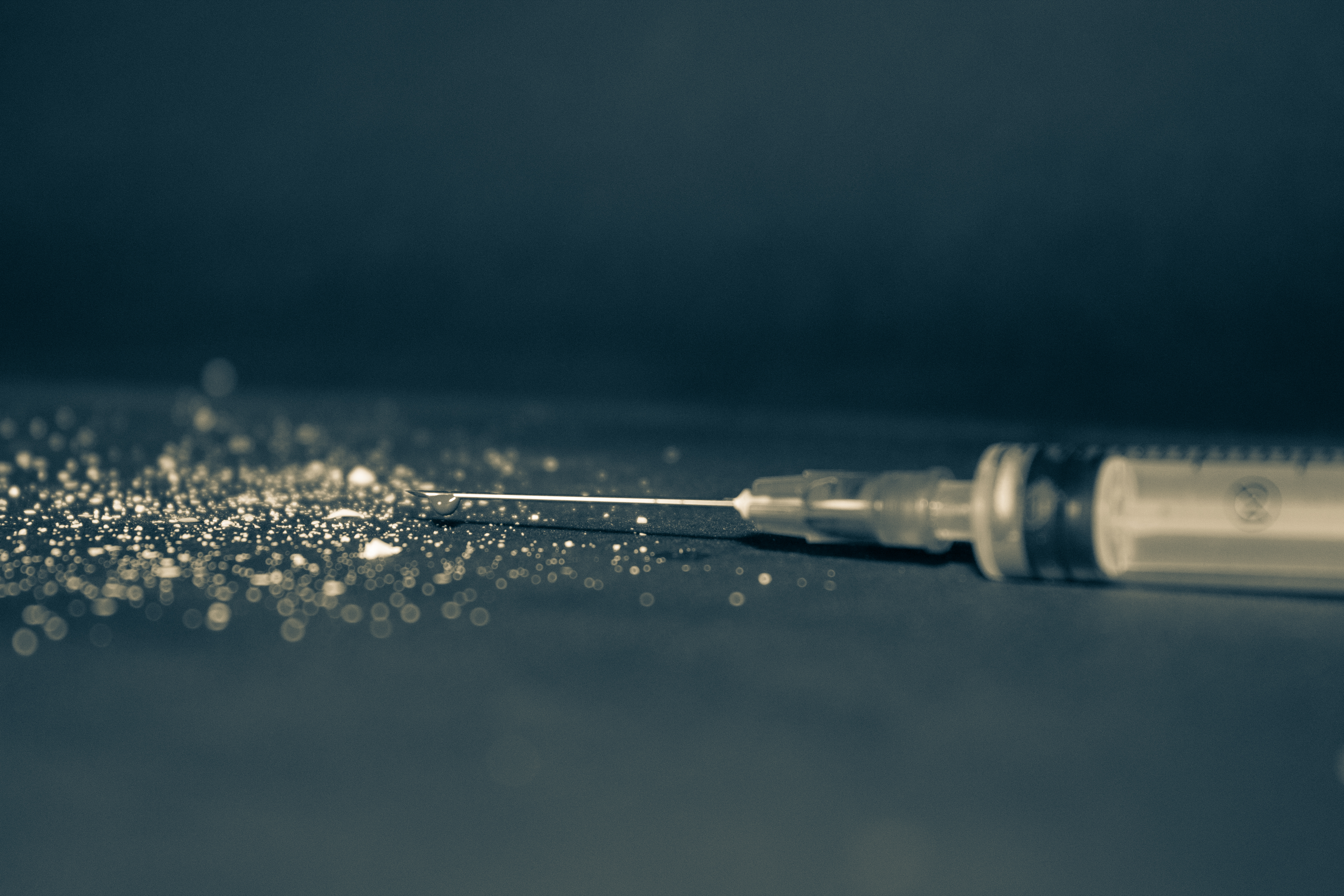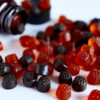Phencyclidine, more commonly known as the street drug PCP, has beginnings that lie far from the recreational purposes it serves today. According to the National Institute on Drug Abuse, PCP was first produced and distributed pharmacologically as a surgical anesthetic and phencyclidine was later used as a veterinary anesthetic and tranquilizer. Today, the production and distribution of this chemical has greatly diminished due to its increased abuse as a recreational drug.
According to the Western Journal of Emergency Medicine (WJEM), there are many parts of the brain that are affected by Phencyclidine. In the brain, the drug has the greatest affinity to NMDA receptors which, according to the journal of Current Opinion in Pharmacology, relay electrical information in the central nervous system. PCP binds these receptors and prevents them from carrying out their normal function. PCP acts by decreasing the brain’s ability to reabsorb naturally produced neurotransmitters like norepinephrine, dopamine, and serotonin. These neurotransmitters are the natural signaling molecules that the brain uses to send and receive signals from the rest of the body, and are normally be present in certain quantities. When too little or too much is present, this can have altered effects in physiology and behavior.
When used as a recreational drug, PCP can be smoked, injected, snorted, or orally ingested. The National Highway Traffic Safety Administration explains that like most drugs, the list of side effects linked to the use of PCP is quite extensive. Some of the most common physiological effects of PCP include excessive sweating, muscle rigidity, numbness, increased heart rate, and increased blood pressure. Once in the body, the psychological effects of PCP can vary from euphoria and lethargy, to hallucinations and combative violence. In fact, WJEM states that one of the most bizarre effects of PCP is violent behavior that can lead self-mutilation or the harm of other individuals.
When people take illicit drugs like PCP for recreational purposes, they do not always think about the negative effects the drug could have on their mind and body. Not only are most forms of PCP sold in the streets very impure, but they are also frequently laced with toxins like cyanide and other harsh industrial chemicals. It is important that people understand how taking drugs like PCP can be dangerous not only to one’s health but also to the well being of those around you.
Feature Image Source: Cristian C










